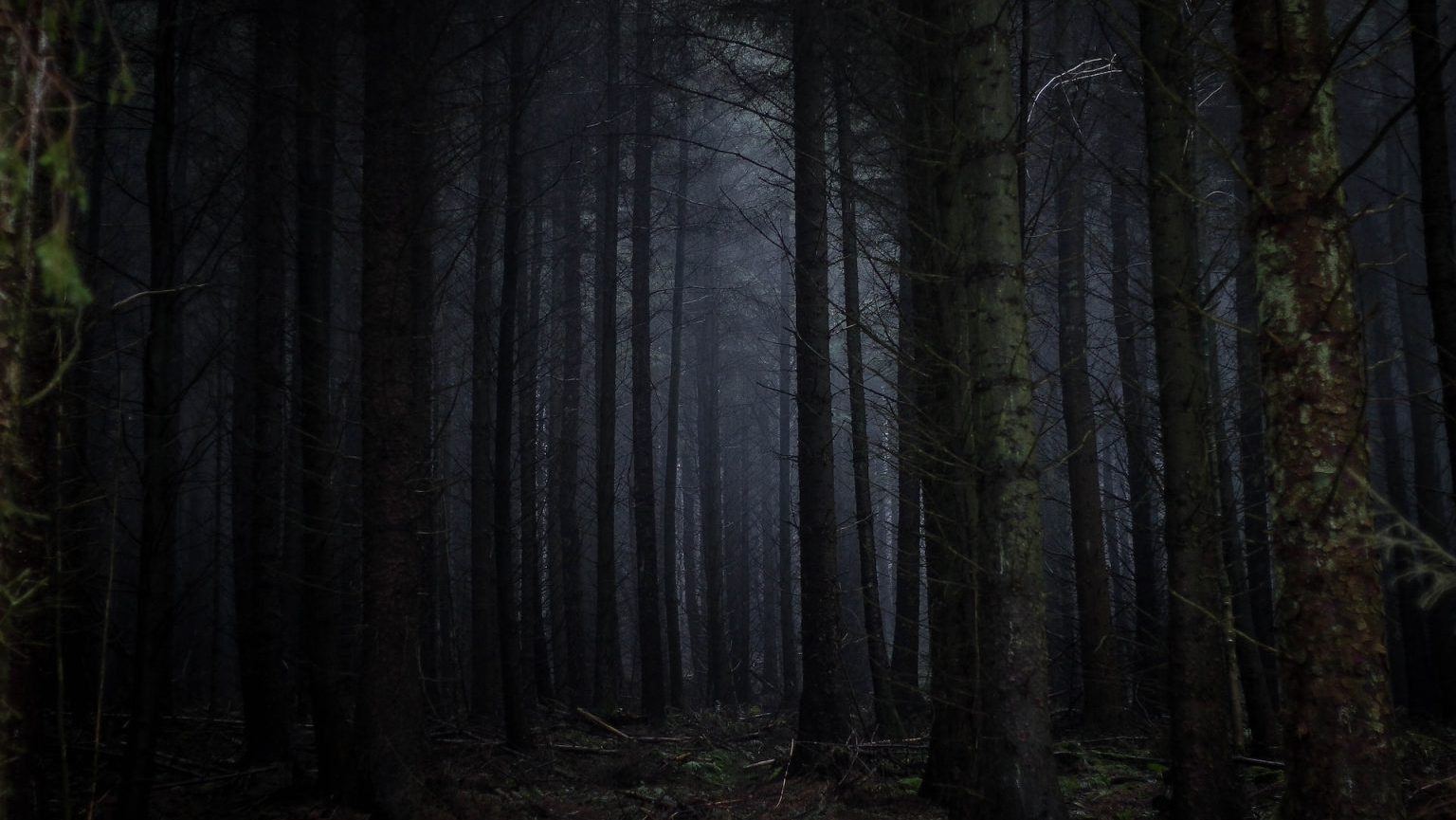Want to Find a Husband? Go to School, Don’t Bleach Your Skin

What do Asian men and African American women have in common? Both are searching for love in very competitive marriage markets and, according to market forecasters, individuals in these groups are driving the growth in global demand for skin lightening creams.
Coincidence? I think not.
A combination of selective abortion, female infanticide and neglect of female children has generated a massive gender imbalance in both India and China. In India, for example, between the ages of 15 and 64 years old, there are 107 males for every 100 females. In China that number is 106 males for every 100 females.
These differences may look small, but they translate into millions of men seeking to increase their social status in the hope of one day having a wife and family.
In the U.S., higher mortality rates for Black men relative to Black women, along with lower education rates and higher rates of incarceration, has created a shortage of marriageable black men.
Just to give you a sense of how large these effects can be, a one percentage point increase in the male incarceration rate for black men has been associated with a 2.4 percentage point decrease in the proportion of black women who ever marry. We have talked about this relationship before here.
The sex ratios of unmarried black males to black females in the US in the 1990s was 71 black males to 100 black females. If we only look at those who are employed full-time, the disparity is even greater — there are only 46 unmarried full-time employed black men for every 100 full-time employed unmarried black women.
Competition for marriage partners encourages everyone on the losing side of the gender imbalance to step up their game; to invest more in education or in their careers, for example, in the hope of attracting a mate.
But why do singles perceive they are losing out on the marriage market because others with lighter skin tones are having all the luck? They could step up their game even more with more education and even better employment, or they could join the millions of men and women that have turned the skin bleach industry into a multi-billion dollar business.
According market forecasters, sales of skin lighteners will hit 2 billion dollars in Asia by next year and 10 billion dollars globally by 2015.
Consider the following. According to a paper published in 2009, the black women in the U.S. who have been most effected by the shortage of men are women with a dark skin tone. That paper finds that for women between the ages of 16 and 29, 55% of light-skinned black women have been married compared to 30% of those with a medium skin shade and 23% of those with a dark skin shade.
The same paper also finds that light-skinned black women are not only more likely to be married, but are also more likely to find a high-quality husband – higher employment rates and better educated.
I don’t have any similar evidence that suggests that light-skinned men do better on the marriage market in India (although there are several papers that find that light-skinned women do). There is evidence from the U.S. that lighter skinned immigrants are paid higher wages than darker skinned immigrants though, and if this is true in other countries then skin tone could send a signal to future wives of a man’s earning potential.
I did conduct an experiment though. I signed myself up for an Indian dating site, www.shaadi.com, that has millions of users. Users on that site self-report skin tone, along with a number of other (I think bizarre) personal characteristics such as blood type and whether or not the user has a physical or mental defect (you get to specify if the defect was from birth or the result of an accident.)
What I found is that there are 220 more men who self-identify as being either “very fair” or “fair” than those that identify as “dark”; 440,000 users who consider themselves fair compared to only 2000 who consider themselves dark. The ratio of “very fair” and “fair” to those with a “wheatish” skin tone (which by the way, comes in “wheatish”, “brown wheatish” and “medium wheatish”) is slightly more balanced. There are nine times more users that report themselves as fair compared to those who report themselves as wheatish.
While this doesn’t prove anything, and certainly not that Indian women prefer men with a lighter skin tone, looking at profiles gave me a sense that men of all complexions (including some who in their pictures look very dark-skinned) are not willing to take a chance that women who specifically screen out darker men from their searches will never see their profile.
If Asian men perceive that they need to be fairer to find a wife, and if African American women perceive that lighter skinned women are more likely to marry, then is it that surprising that those are the people that skin bleaching companies are finding it profitable to market to?
This market reminds me of the way economists use the concept described by the “fallacy of composition”. The fallacy occurs when we believe that what will work for an individual will work for everyone in the group. If one person on a dating market uses a skin lightener then maybe they will increase their individual odds of marrying. If everyone uses them though, the same percentage will marry as if no one used them. If that is true, then who is served by the trend toward lighter skin?
Certainly not people who have been left with little chance of marriage because too few of those who would have become their husbands or wives survived long enough to play that role.
References:
Goldsmith, A.H., Hamilton, D., Darity W.Jr. (2009). “Shedding “light” on marriage: The influence of skin shade on marriage for black females.” Journal of Economic Behavior & Organization Vol. 72 (1): pp 30-50
Goldsmith, A.H., Hamilton, D., Darity W.Jr. (2006). “Shades of discrimination: skin tone and wages.” American Economic Review vol. 96: pp 242–245.
Global skin lighteners market booms [http://www.cosmeticsdesign.com/Market-Trends/Global-skin-lighteners-market-booms]





